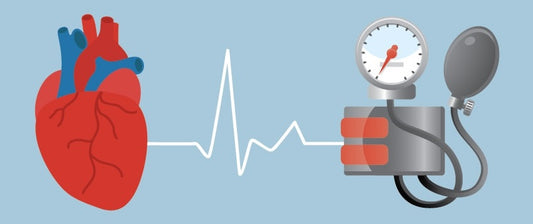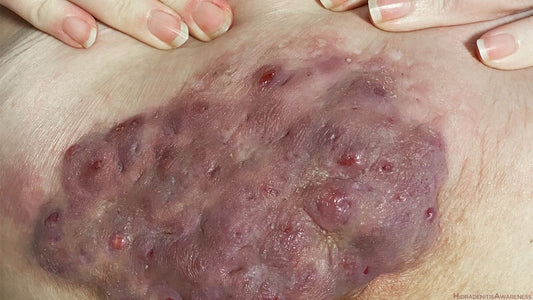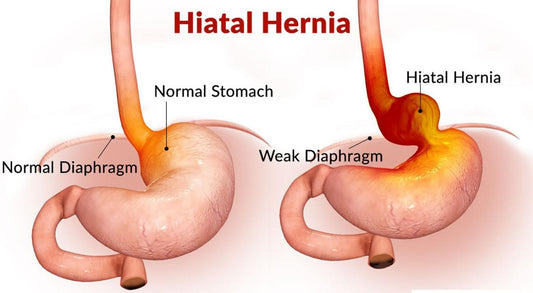featured High blood pressure (hypertension)
On by ZimSeller Pharmacy 0 comments
Hidradenitis suppurativa (HS)
On by ZimSeller Pharmacy 0 comments
Hiccups
On by ZimSeller Pharmacy 0 comments
Hiatus hernia
On by ZimSeller Pharmacy 0 comments
Herpetic whitlow (whitlow finger)
On by ZimSeller Pharmacy 0 comments
Herpes simplex eye infections
On by ZimSeller Pharmacy 0 comments
Herpes in babies
On by ZimSeller Pharmacy 0 comments





















